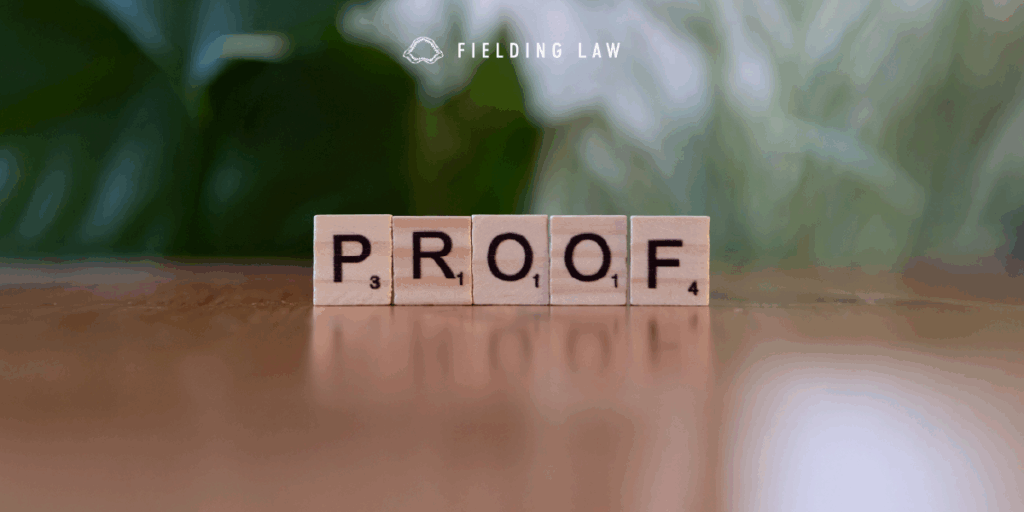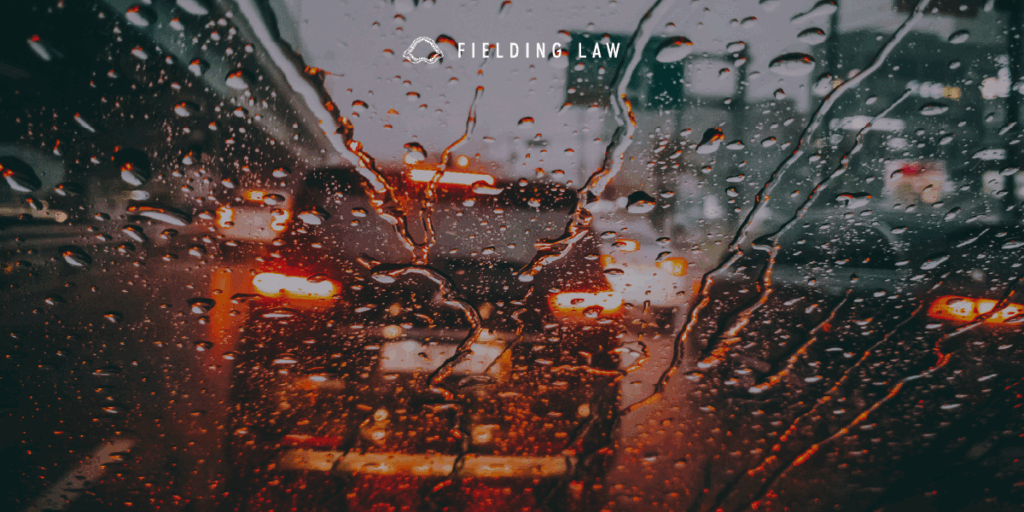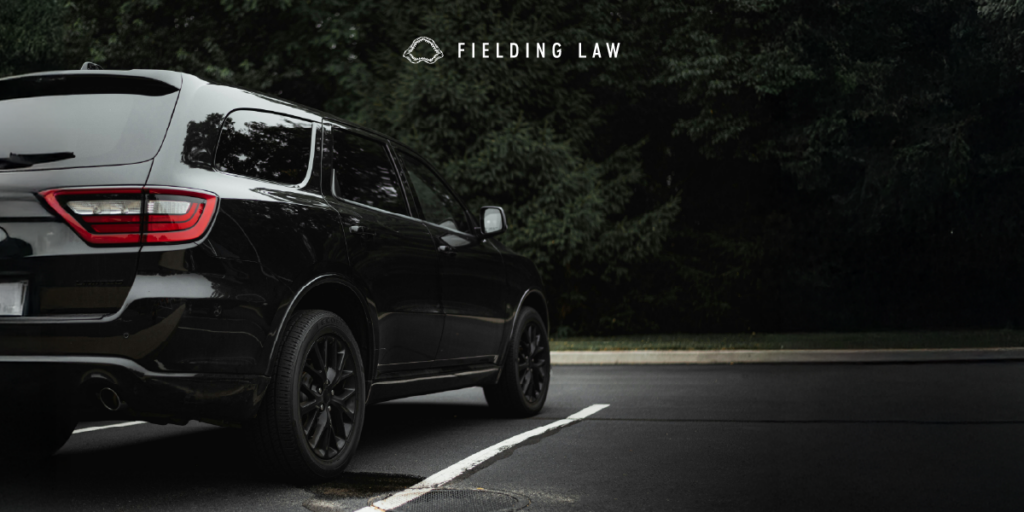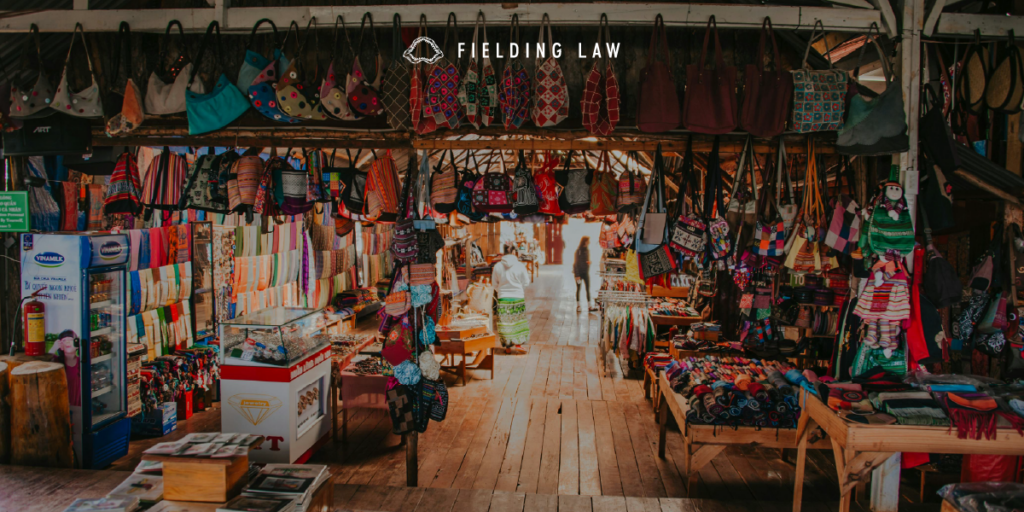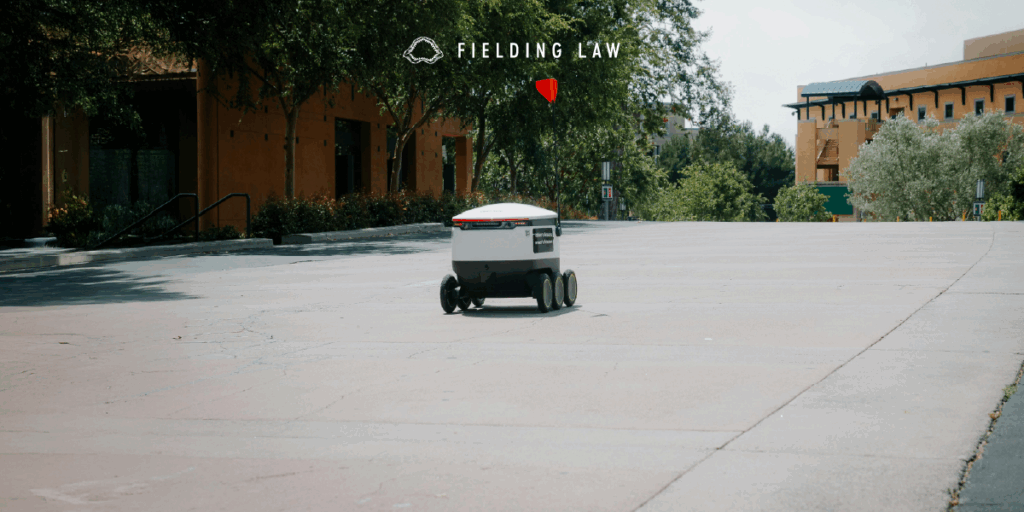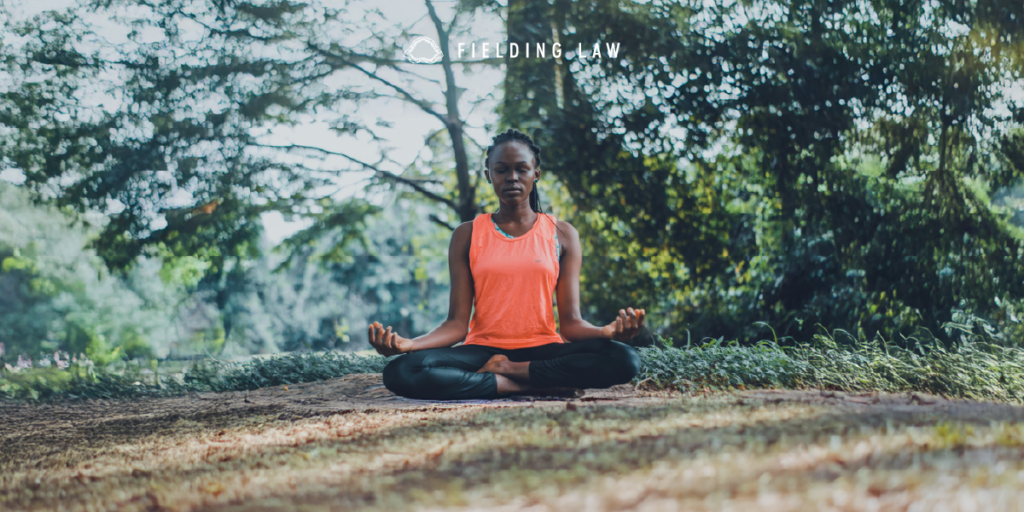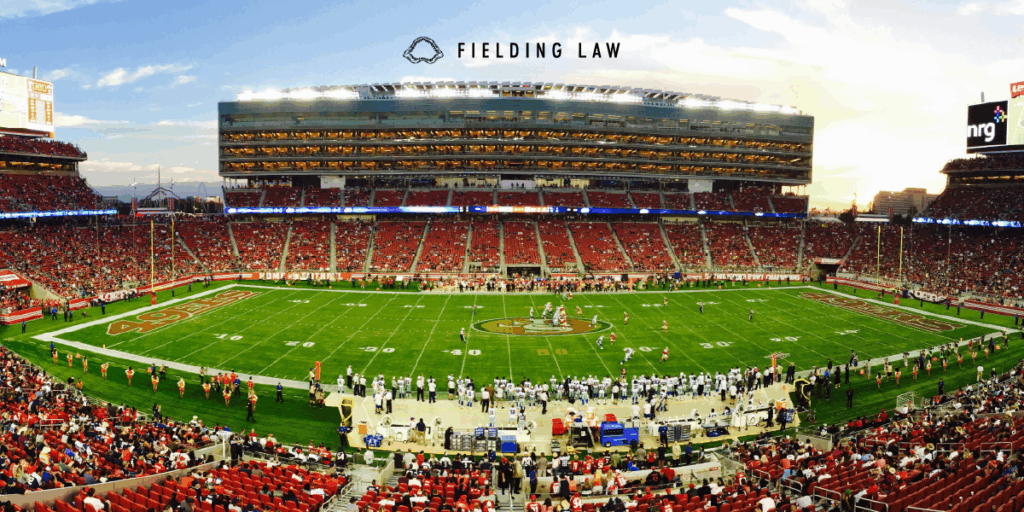
Super Bowl weekend brought massive crowds, heavy traffic, and nonstop celebrations to Santa Clara. Levi Stadium and surrounding areas were filled with visitors, rideshare drivers, street vendors, and fans moving between watch parties and events. While the game created unforgettable memories, large scale events like this often lead to a rise in preventable injuries.
A Santa Clara attorney often sees more people searching for help after they were injured at Levi Stadium or nearby event locations. More people on the roads, crowded walkways, and distracted drivers can quickly turn a fun weekend into a stressful and painful situation.
Traffic Collisions Around Levi Stadium
Big games mean packed highways and neighborhood streets. Visitors may be unfamiliar with Santa Clara roads. Others may be rushing to leave parking lots or trying to beat traffic. These conditions can lead to rear end crashes, pedestrian incidents, and rideshare related collisions. Even low speed crashes can cause lasting injuries such as neck pain or concussion that do not appear right away.
Pedestrian Risks Near Levi Stadium
Foot traffic around the stadium, hotels, and entertainment areas increases significantly during an event like the Super Bowl. Drivers looking for parking or watching navigation apps may not see people walking between vehicles. Temporary traffic changes and large crowds also make it harder for pedestrians to stay safe. When drivers fail to yield or remain attentive, serious injuries can occur.
Slip and Fall Hazards at Celebrations
Bars, restaurants, and event spaces often operate at full capacity during Super Bowl celebrations. Spilled drinks, crowded entryways, and rushed staff can create slippery or cluttered conditions. Property owners have a duty to keep walkways safe for guests. Falls may lead to broken bones or head injuries that affect work, daily routines, and quality of life.
What to Do After a Super Bowl Levi Stadium Injury
If you were hurt during Super Bowl weekend near Levi Stadium or at any of the related events, it is important to understand your rights. Keep records of medical treatment, document what happened, and speak with a lawyer who can explain how the law applies to your situation.
Why Hire Fielding Law
Fielding Law understands how overwhelming life can feel after an injury. Medical appointments, missed work, and insurance calls add stress during an already difficult time. Our team focuses on clear communication, compassionate service, and strong advocacy for injured people. We treat clients with kindness and respect while working efficiently to move cases forward.
If you were injured at Levi Stadium during Super Bowl weekend in Santa Clara, you deserve to understand your options. For guidance tailored to your situation, contact Fielding Law and call 833.88.SHARK to speak with a team that puts people first.
Note: Information provided is for educational purposes and does not constitute legal advice. Always consult with a qualified attorney for legal concerns.
